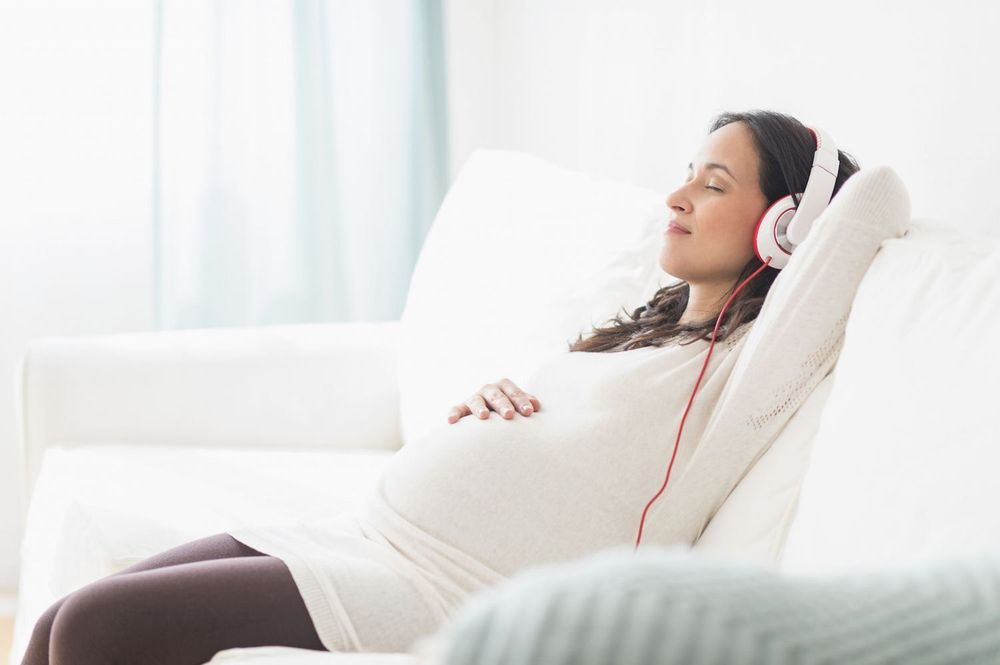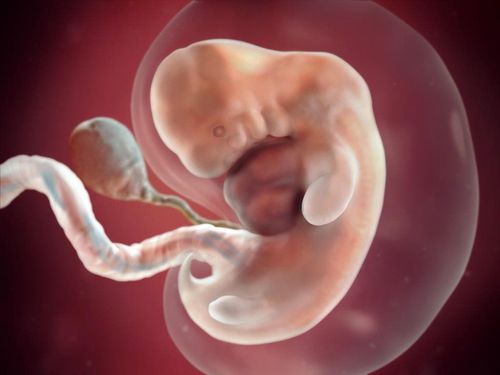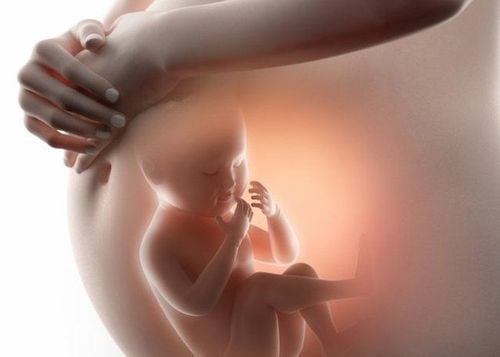This is an automatically translated article.
Scientists discovered that, after only a few hours of age, children can distinguish different sounds between their mother tongue and foreign languages. This study shows that babies learn language in the womb, earlier than previously thought.Brain mechanisms and auditory receptors have developed at 30 weeks of pregnancy, and new research shows that the fetus has been listening to the mother's voice for the last 10 weeks. By birth babies can react to what they hear.
Patricia Kuhl, study co-author and director of the Institute of Brain and Voice Sciences, University of Washington, said: "The mother has the first influence on the baby's brain. The vowels in the mother's voice. are the loudest sounds and the fetus grasps them."

Cơ chế não và các thụ quan thính giác đã phát triển khi thai được 30 tuần tuổi
Baby's interest in sound is calculated by the time the baby sucks on the nipple and is connected to the measurement calculator. Longer or shorter sucking for unfamiliar or familiar sounds is evidence of learning, as it shows that infants can distinguish between sounds heard in utero.
In both countries, newborn babies show that they suckle longer when they hear the foreign language, compared to their mother tongue.
Hereby, researchers confirm that infants are the best learners, and breastfeeding can reveal later cognitive abilities. "We wanted to know the magical ability of infancy to learn that is not possible in adulthood," says Kuhl. "We can't waste this curiosity."
"This is the first study to show that fetuses learn a mother's unique language before birth," said Christine Moon, lead author and professor of psychology at Pacific Lutheran University in Tacoma, Washington. The results will be published in the next issue of the journal Acta Paediatrica.













